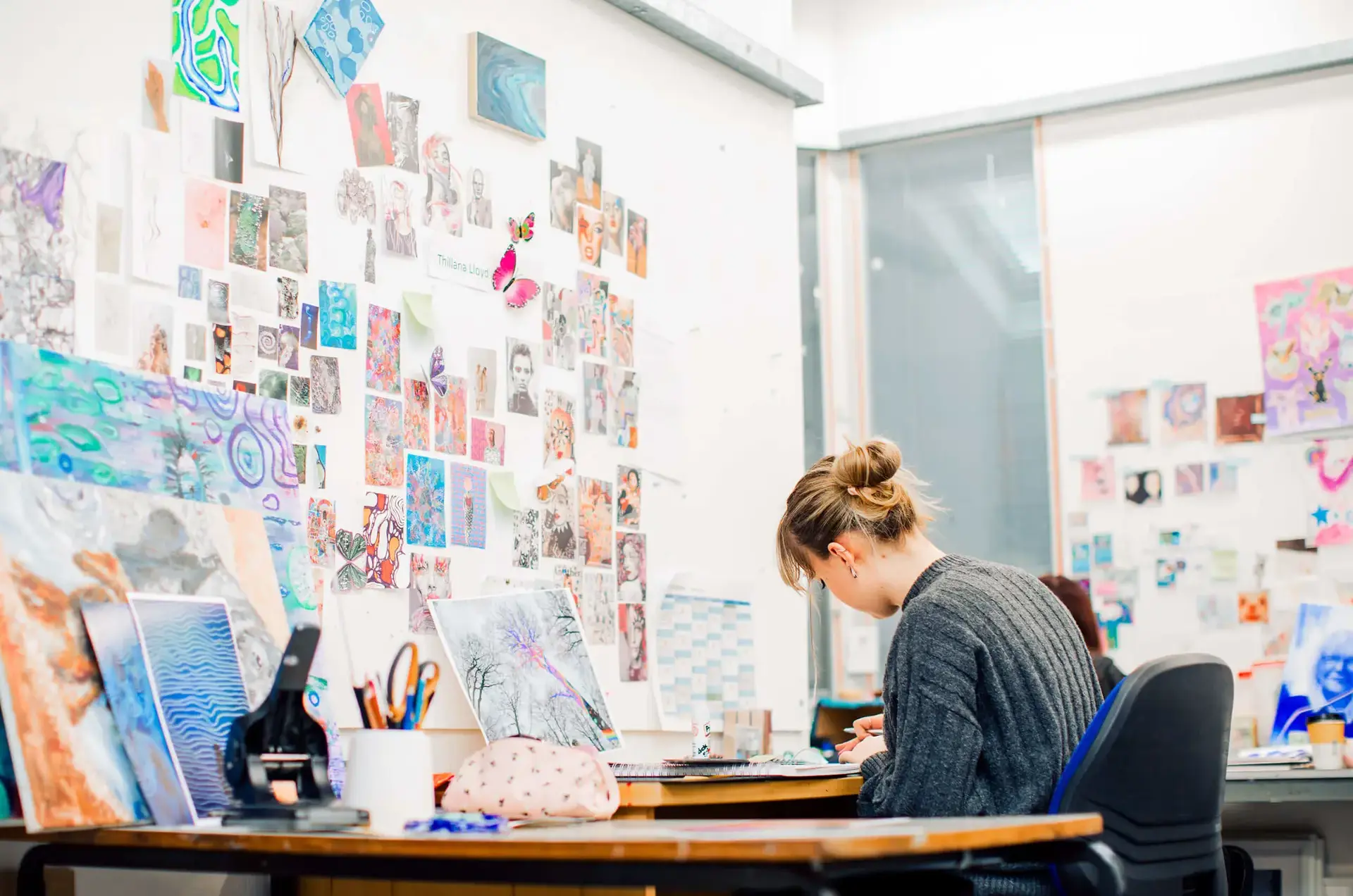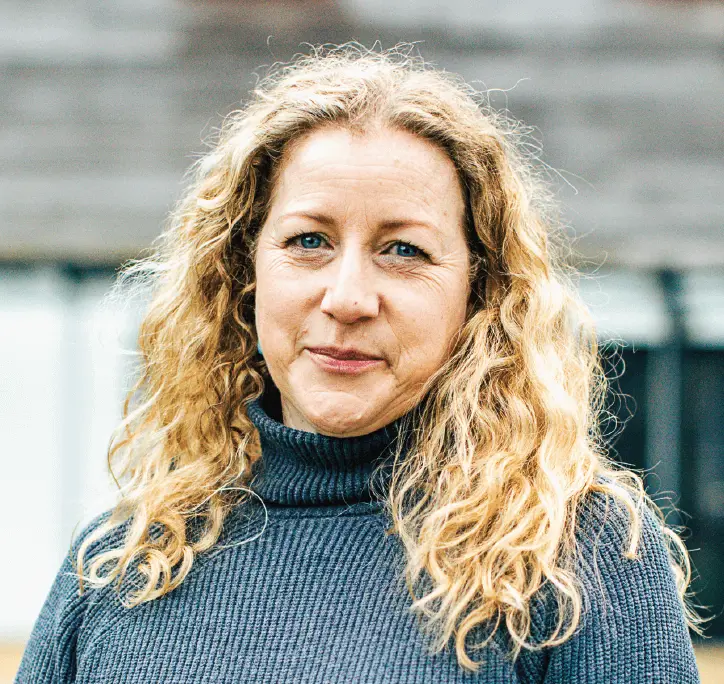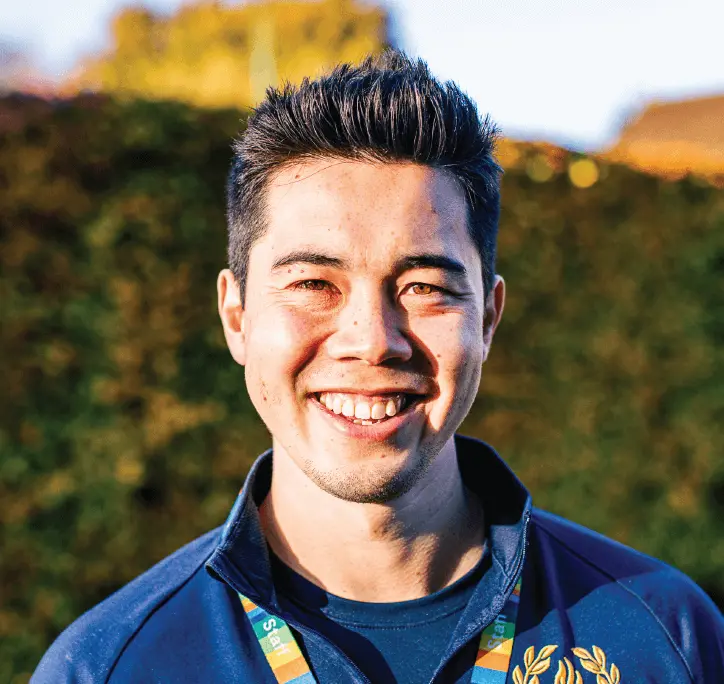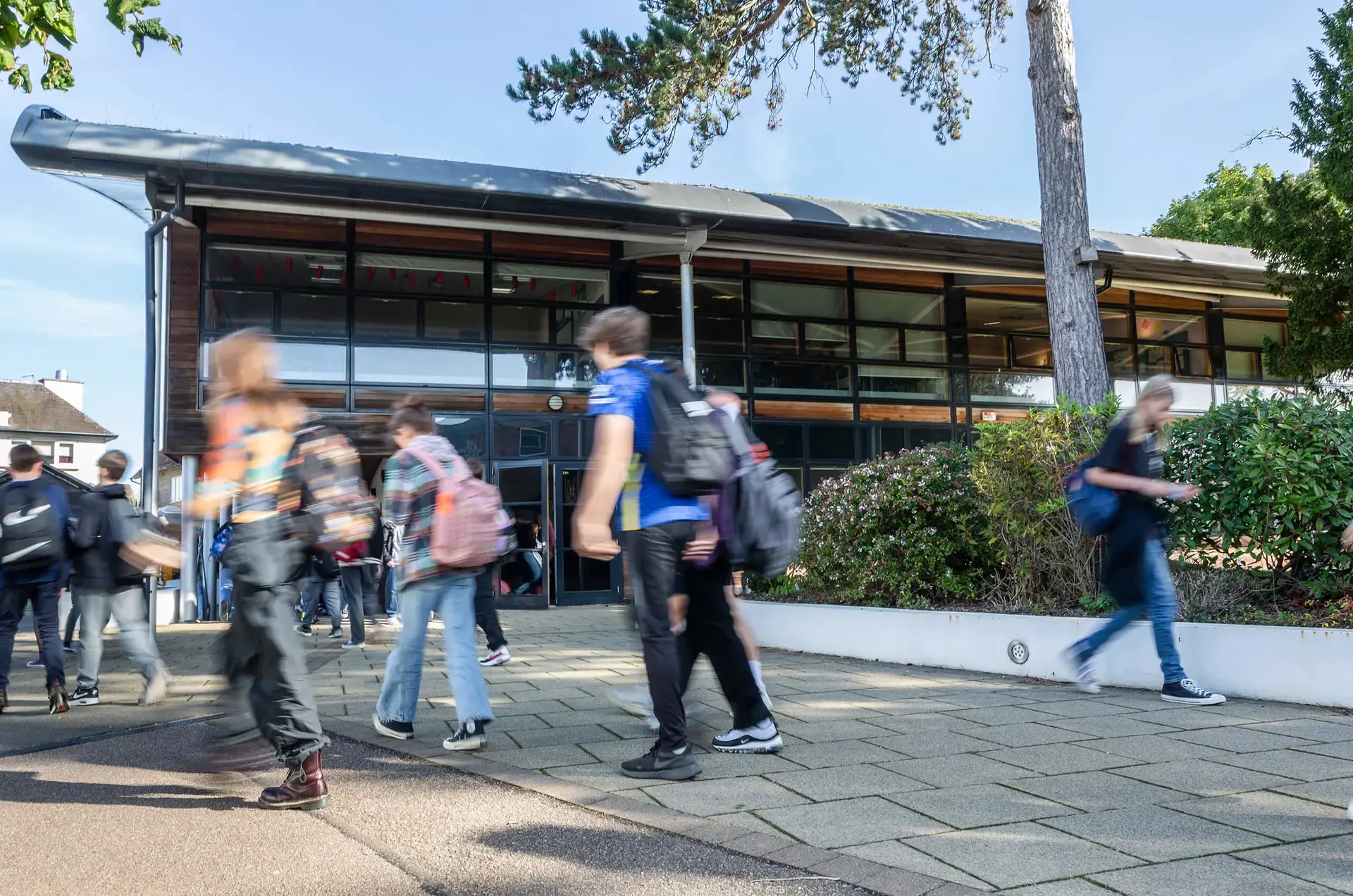
I have been doing some research about the 6th form at St Chris and I have asked 2 students in year 13 about life in the 6th form compared to lower down the school. I have also asked Jenny Savage the head of 6th form and James See the head of year 12 about the transition from year 11 to year 12. Here is what the staff and students had to say.
The first question I asked the students was what is life like in the 6th form compared to year 11? One student said it wasn’t too different to year 11 and said that:
“It didn’t feel too different to year 11 in terms of workload but the free periods you get do make a big difference”. The other student said, “It’s much more relaxed than in year 11 and the students are treated more like adults”.
The second question I asked the students was what are A-levels like compared to GCSE’s? One of the students said: “For me it’s more enjoyable, I finally have the time to spend focusing on subjects I enjoy and want to continue with”. The other student said, “There’s a lot more content for each subject. You are also expected to go into much more depth in your subjects and improve your writing standards even further to fit what A-Level examiners are looking for (it’s a step-up from GCSEs in that respect).”
The third question I asked the students was do you find you have more independence in 6th form? One of the students said:
“I do feel more independent as a result of the free periods, and because of the often small class sizes you are able to interact more freely with the teacher.” The other student said: “I definitely have more independence in sixth form, and it’s quite nice.” And they said “Of course, if we’re struggling / stressed then we always have our tutors / teachers to talk to which is a nice support blanket. I believe that it actually helps me to be more independent.”
The final question I asked the students was did your relationship with teachers change? One of the students said, “I feel that you end up having a much closer relationship, it really feels like they want the best for you and that they're there to help you.” The other student said, “I was quite surprised by how relaxed and chill the teachers became around us and I find it easy to have nice, flowing conversations with my teachers and which in turn makes it easy to talk to them if you feel stressed which builds on the positive, friendly relationships.”
Overall, the students found the change from year 11 to year 12 a positive one and are enjoying life in the St Chris 6th form.


Assistant Head (Sixth Form)
Jenny Savage

Head of Year 12 and Second in PE
James See
The first question I asked the staff was how do you support the transition from year 11 to year 12 James said:
“We support the transition by organising comprehensive induction programs that include transition lessons, transition days at the end of GCSE's, and We also provide pastoral support to help students adjust to their new routines and build confidence.”
Jenny said:
“We make the transition really positive and really welcoming. After GCSEs we invite everyone who is staying for 6th form and also new students who are joining us to come in for the whole day to do some team building, to do some taster lessons in the subjects they have chosen and help them feel really part of that 6th form community"
The second question I asked the staff was do you find students transition well? James said:
“Yes, students transition well, especially with the additional the support systems available here at St Chris. While the step up to Year 12 can be challenging, most students adapt well after an initial adjustment period. Regular check-ins, feedback from teachers, and a supportive environment that encourages them to ask for help contribute to their successful transition.”
Jenny said:
“We find our new students into the 6th form transition really well and because there is lots of support around to make sure if anyone has any questions or someone is not sure about where they are meant to be there’s always somebody around to step in and help them out.”
The third question I asked was what extra activities are there in the 6th form? James said “Our sixth form offers a diverse range of activities that cater to both academic enrichment and personal growth. These include leadership roles such as major officials, involvement in school committees like the Events and Fundraising Team or Human Rights and EDI (Equality, Diversity, and Inclusion) group, and peer mentoring programs. We also have extracurricular activities like sports teams, music, drama productions, and academic clubs.” Jenny said “We thinks it’s really important to do lots of extra activities alongside their A-levels. Lots of our 6th formers stay involved in sports activities. We also run trips like theatre trips and ice-skating and the school musical.”
The final question I asked the staff was did your relationship with students change? James said “Yes, my relationship with the students does evolve as they move into sixth form. The dynamic shifts to one that is more collaborative and supportive, as they take on more responsibility and independence. As the Head of Lower Sixth, I aim to foster mutual respect and trust, acting not just as a teacher but as someone who guides them through their academic and personal development. This shift allows for deeper, more meaningful conversations and relationship as students prepare for life beyond school.” And Jenny said “It is a different relationship with the students there’s more mutual respect between the 6th form team and the students. It’s a bit less formal we have some lovely conversations and the barriers are even less and I get to know the students really well.”
Overall both the staff and the students have said the 6th form at St Chris is a very supportive and positive environment and there is a really good relationship between the students and the staff and everyone seems to enjoy being there.

Penny Beaujeux Year 11